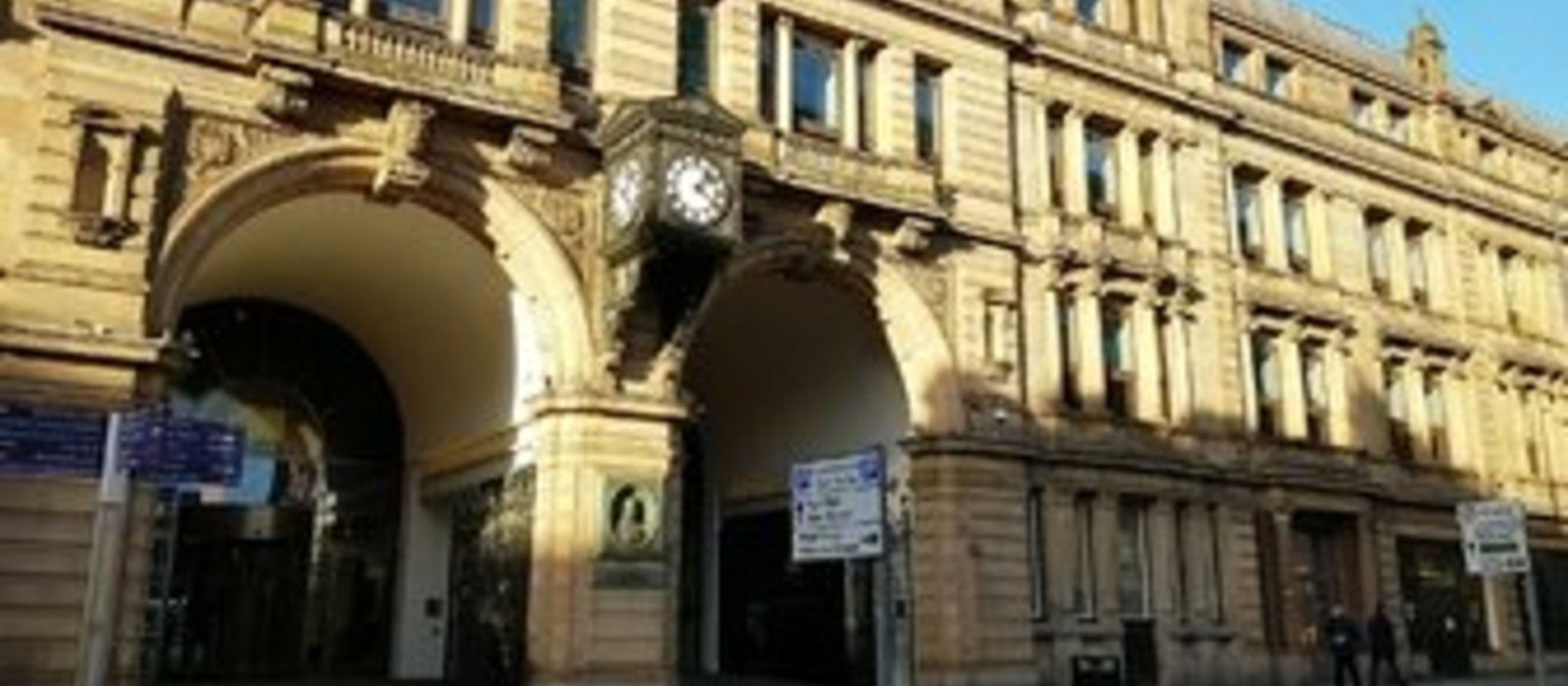
Local information – Liverpool's history
The name 'Liverpool' (Liuerpul) was first recorded around 1190 and came from Old English, 'lifer' meaning thick or muddy water and 'pol' meaning a pool or creek.
The City of Liverpool originated in 1207 when King John established it as a new borough. Its beginnings consisted of just seven streets, which still exist today.
From humble beginnings, Liverpool became a major port during the second half of the 18th century. Its ships and merchants dominated the transatlantic slave trade, bringing great civic and personal wealth to the City and laying the foundations for growth.
The completion of The Albert Dock in 1846 changed how the docks worked in the City forever. By the beginning of the 19th century, 40% of global trade passed through Liverpool's docks, gaining the dock a royal status.
Places to visit in Liverpool
Divided into eight neighbourhoods, each with unique appeal and attractions, Liverpool has something for everyone.
The City's most historic and architecturally stunning part is the Waterfront, where visitors can take in the Three Graces, Royal Albert Dock and the River Mersey. Jump onboard the ferry 'Cross the Mersey', learn about the history of British music at the British Music Experience, explore modern and contemporary art at the Tate, or brush up on Liverpool's seafaring history at the Merseyside Maritime Museum.
Mathew Street in the Cavern Quarter will be the first port of call for any Beatles fan to enjoy the basement of one of the most famous clubs in the world, The Cavern Club. For shopaholics, it is just a short walk from Mathew Street to Liverpool ONE – the major outdoor shopping and entertainment complex.
Cobbled streets, Georgian townhouses and two cathedrals (the Liverpool Cathedral and the Metropolitan Cathedral) make the Georgian Quarter one of the most beautiful parts of the City. Visitors can check out the unique and ornate Philharmonic Pub or visit the nearby Liverpool Philharmonic Hall.
The Ropewalks is where you will find the bustling Bold Street, with its independent shops, restaurants and coffee shops. Walk to the top of the street to see St Luke's, the 'Bombed out Church', now an established cultural arts venue.
St George's Quarter is where visitors can admire the magnificent Victorian architecture and visit some of the City's most significant cultural attractions - from St George's Hall to the World Museum to the Walker Art Gallery. Theatre lovers are also well catered for by the quarter's three theatres, including The Liverpool Empire, home to the largest two-tier auditorium in the UK.
Once an unused area filled with warehouses, factories and breweries, the Baltic Triangle is now a fast-growing, thriving, and independent cultural hub. A trendy food, drink and entertainment spot where visitors can enjoy the City's first-ever street food market, drink locally brewed beer or challenge their friends to a round of Ghetto Golf.
Travel in Liverpool
Merseyrail operates trains daily to 68 stations throughout the Liverpool City Region. The city centre has four underground stations: Lime Street, Central, James Street and Moorfields.
Bus travel in Liverpool is low-cost and convenient thanks to the two central bus terminals, Liverpool One, and Queen Square.
For those travelling by car, the M57, M58, M62 and M53 are easily accessible from the city centre.
The international Liverpool John Lennon Airport is approximately seven miles from the City, offering flights to over 70 destinations in the UK and Europe.
Local schools and colleges in Liverpool
Liverpool city centre is home to several primary schools, including Pleasant Street Primary School in the Knowledge Quarter and faith schools Holy Cross Catholic Primary School and St. Vincent de Paul Catholic Primary School.
The City of Liverpool College meets further education needs and specialist theatre and performing arts institutions Liverpool Central Studios and LIPA Sixth Form College.
Discover higher education options at the redbrick University of Liverpool, Liverpool John Moores University, and Liverpool Hope University.
Contact the Commercial Property Advisors Liverpool Office via our website or telephone: *****, where we would happily answer your questions.